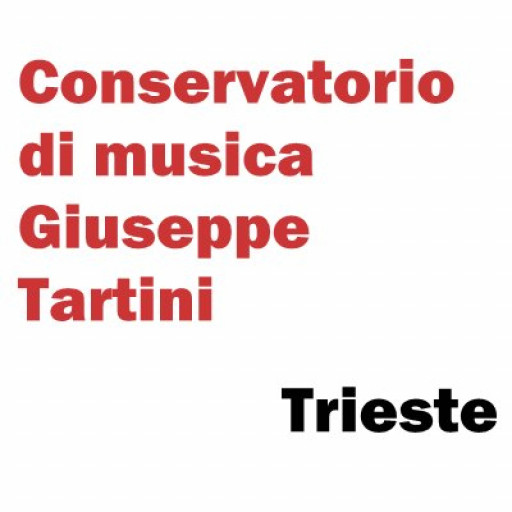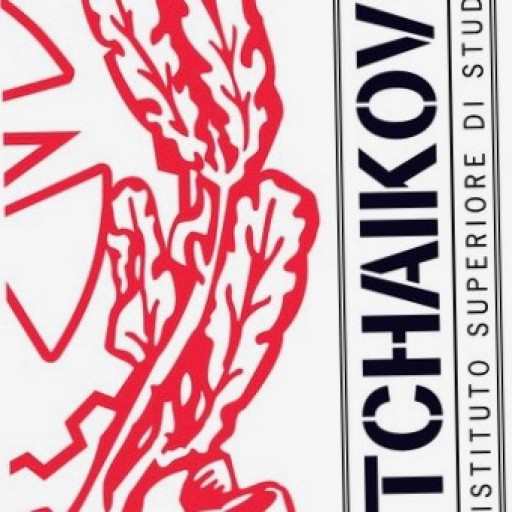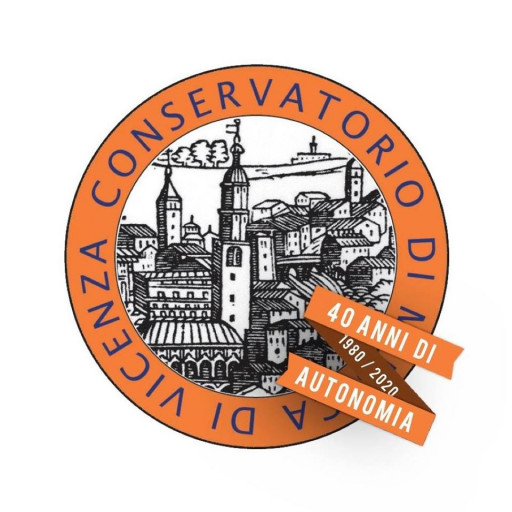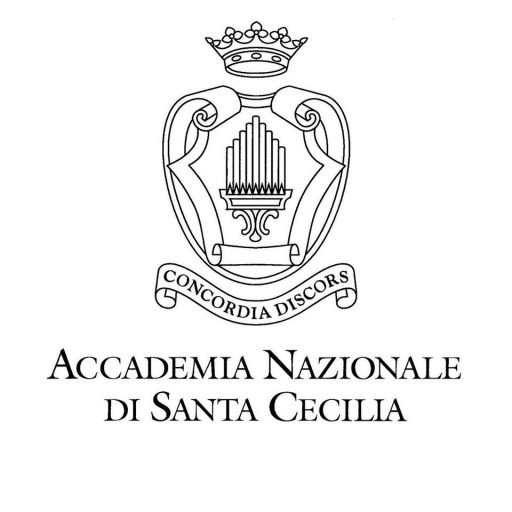Photos of university / #urochester
Ethnomusicology at the University of Rochester offers students an in-depth exploration of music in its cultural, social, and historical contexts across the world. This interdisciplinary program combines musicology, anthropology, history, and cultural studies to provide a comprehensive understanding of diverse musical traditions, practices, and performances. Students will engage with both theoretical frameworks and practical methodologies to analyze the role of music in shaping identities, sustaining communities, and fostering cultural exchange. The curriculum includes courses on world music genres, ethnographic research methods, music and globalization, and the history of different musical cultures. Through immersive fieldwork, hands-on training, and collaborations with local and global communities, students gain experiential knowledge and develop critical listening skills essential for careers in academia, archival work, arts management, or cultural policy. The program emphasizes active participation in musical practices, encouraging students to reflect on their own cultural perspectives while respecting and understanding the diversity of global musical expressions. Faculty members are distinguished scholars who bring diverse expertise in African, Asian, Middle Eastern, Indigenous, and Western musical traditions. Opportunities for internships, study abroad programs, and participation in festivals and performances are integral parts of the educational experience. Graduates of the Ethnomusicology program are equipped with analytical, research, and communication skills, preparing them for advanced graduate study or careers in museums, media, arts organizations, or academic institutions. The program fosters a vibrant intellectual community dedicated to exploring the cultural significance of music worldwide, inspiring students to become thoughtful, culturally aware practitioners and scholars.
Students entering the MA/PhD program can look forward to two years of wide-ranging coursework, reflecting the interests of the diverse faculty. Recent PhD seminars include “The Motet before 1360,” “Early Music Analysis pre-1600,” “Opera in 17th-Century Venice,” “Bach Cantatas and Organ Chorales,” “Nineteenth-Century Italian Opera: Staging Body, Voice, Society,” “Music and the Cold War,” “Postmodernism,” “Music in the Himalayas,” and “Asian Classical Musics.” Augmenting these offerings, the faculty also teaches a range of doctoral seminars designed primarily for Eastman’s DMA students but available to PhD students for elective credit.
While prominent internationally, the Musicology Department is also deeply integrated into the wider Eastman School. Most fundamentally, we develop courses in music history to suit the curricular needs of students in all departments, from undergraduates to DMA candidates. We have also formed partnerships with natural constituencies throughout the school. Our “sister” department of Music Theory—a recognized leader in the field—offers a welcome complement to musicological study. Likewise, our faculty and students regularly collaborate with performers and composers in an environment of interdisciplinarity. Artists such as the aforementioned Paul O’Dette, Hans Davidsson (organ), and Robert D. Morris (composer) are officially affiliated with the department, while others connect on a more informal basis. Perhaps uniquely at Eastman, musicology students may enroll in studio lessons (instrumental, vocal, or conducting) as part of their elective credit.
Indeed, at Eastman, musicology is practiced in a highly musical setting, with over seven hundred concerts a year, top-level studio teachers behind every door, and a rich slate of visiting artists and lecturers. Worthy of special mention is the Early Music Program, with its own graduate degree offerings, brilliant faculty, and rich instrumentarium (including two fortepianos, a pedal clavichord, multiple harpsichords, and a full complement of baroque stringed instruments). The closely allied Department of Organ and Historical Keyboards is engaged in the Eastman Rochester Organ Initiative (EROI), a project to assemble and install new and historic organs in Rochester’s churches. The recently inaugurated instrument in Christ Church, across the street from Eastman, is a widely hailed modern copy of a Bach-style organ from 1776. For non-Western music, many Eastman students perform in one of the department’s two ensembles: the Gamelan Lila Muni (directed by Ellen Koskoff); or the Zimbabwean mbira ensemble (directed by Glenn West).
Courses at the University of Rochester
Students may also take courses outside of music at the University of Rochester River Campus and may even develop the equivalent of a “minor” in some area such as German literature, American studies, or critical and cultural theory. We have a particularly close relationship with the History Department, where Celia Applegate and Joan Rubin have both published on musical topics and served on musicology dissertation committees. The renowned Graduate Program in Visual and Cultural Studies is interdisciplinary and offers cutting-edge courses in critical theory. Based in Art and Art History, it draws faculty from English, Film Studies, Modern Languages and Cultures, and Anthropology. The University’s Susan B. Anthony Institute for Gender and Women’s Studies provides another useful resource, offering courses and workshops (and even a graduate certificate) in this field of intense interest. The George Eastman House International Museum of Photography and Film contains one of the most important archives of moving images in the United States, including silent films.
Requirements
- Online Application and Application Fee
- Personal Statement
- Résumé or Curriculum Vitae
- Transcripts (must represent all collegiate study)
- Recommendations (3 required)
- TOEFL Exam Scores & Non-Native English Essay
- Audition
- Pre-screening recording
- Music Research paper – at least one music history or theory research paper demonstrating advanced analytic, scholarly, and writing abilities.
- Interview
Scholarships
International students are considered for merit-based financial aid using the same criteria for all undergraduate applicants or graduate applicants. International applicants who have a U.S. citizen or eligible permanent resident as a co-applicant may apply for a private loan to help bridge the gap between the students’ cost of attendance and their families resources and financial aid package. Applicants who are neither U.S. citizens nor permanent residents are not eligible for federal financial aid.
Ethnomusicology at the University of Rochester is a vibrant interdisciplinary program that investigates the diverse musical traditions of the world within their cultural, social, and historical contexts. The program emphasizes a comprehensive understanding of music as a cultural phenomenon, exploring its role in identity, community, and social change. Students engage with a variety of musical traditions from Africa, Asia, the Americas, and other regions through coursework, fieldwork, and ethnographic research. The curriculum integrates musicology, anthropology, and area studies, enabling students to develop analytical skills and cultural sensitivity necessary for ethnomusicological research and practice.
The program offers both undergraduate and graduate degrees, providing students with opportunities for rigorous academic training and practical application. Undergraduate students can take courses that cover topics such as traditional and popular music, music and globalization, and music analysis across diverse cultures. Graduate students pursue in-depth research projects, often involving fieldwork, ethnographic methods, and collaborations with communities. The Department of Music at the University of Rochester also encourages experiential learning, including internships, performances, and community engagement, which enrich students’ understanding of ethnomusicology's real-world applications.
Faculty members are internationally recognized scholars specializing in various traditions and methodological approaches. They mentor students through individual research projects and support participation in conferences and fieldwork opportunities. The university's resources, including extensive music collections and research centers, facilitate immersive academic experiences. Graduates of the program often pursue careers in academia, research, curatorial work, cultural preservation, or applied ethnomusicology in community organizations, media, or education sectors.
Overall, the Ethnomusicology program at the University of Rochester prepares students to become knowledgeable, culturally sensitive scholars and practitioners equipped to analyze and contribute to the global understanding of music and its role in societies worldwide.









